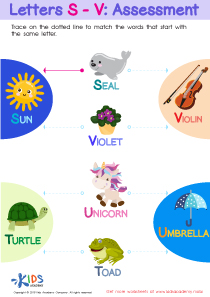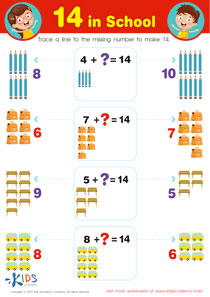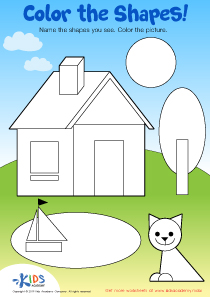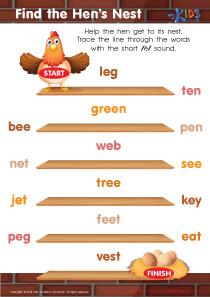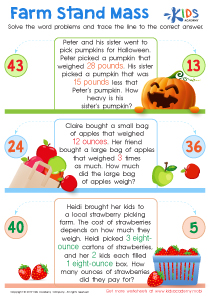Time and Measurement Quizzes for Ages 8-9
2 results
2 filtered results
Clear all filters2 filtered results
-
From - To
Introducing our dynamic Interactive Assessment Quizzes, specially designed for children aged 8-9, focusing on the critical topics of Time and Measurement. These engaging quizzes are crafted to assess and reinforce your child's knowledge in an enjoyable and stimulating way. As they navigate through each quiz, they'll receive immediate feedback, allowing for a personalized learning experience that adapts to their understanding. Perfect for both reinforcing classroom learning and home study, these quizzes cater to young learners at a crucial stage in their academic journey, making the concepts of time and measurement accessible, understandable, and fun. Embrace a smarter way to learn with our Interactive Assessment Quizzes for Ages 8-9.
In the formative years of 8-9, children are at a crucial stage in their education where foundational concepts in subjects like Math are being established. One area of focus that often presents challenges is Time and Measurement. It's not just about learning how to read the time or measure lengths; it's about understanding these concepts in a way that they can apply in real-life situations. This is where our interactive quizzes on Time and Measurement for Ages 8-9 come into play, offering a unique blend of learning and entertainment to reinforce these essential skills.
Understanding Time and Measurement is pivotal at this age. It helps children grasp the basics of daily life activities such as scheduling, planning, and organizing. Moreover, it lays down a solid foundation for more complex mathematical concepts they will encounter in the future. However, traditional teaching methods can sometimes make this learning process dull and challenging for children, leading to disinterest or frustration. This is where our interactive quizzes bridge the gap.
Our quizzes are designed with the young learner in mind, incorporating vibrant visuals, engaging scenarios, and immediate feedback to keep children motivated and involved in their learning journey. For instance, a quiz might present a scenario where a child needs to help a character catch a train, requiring them to calculate the time left until the train departs. Such real-life applications ensure that the concept of time becomes more than just numbers on a clock for these young minds.
Measurement, on the other hand, is explored through interactive elements that allow children to virtually measure objects, compare lengths, and even explore weight and volume, all within the safe confines of the quiz environment. This hands-on approach not only reinforces their learning but also enhances their ability to apply these concepts outside the digital realm.
The structure of our quizzes is another aspect that makes them a valuable educational tool. With questions ranging from basic to more challenging, children can progress at their own pace, ensuring that they fully grasp each concept before moving on. Instant feedback is provided, allowing learners to understand their mistakes and learn from them immediately, fostering a growth mindset and a deeper understanding of the subject matter.
Moreover, the interactive quizzes on Time and Measurement for Ages 8-9 are aligned with the educational standards, ensuring that the content not only complements what is being taught in the classroom but also adheres to the curriculum requirements. This alignment reassures parents and educators that the quizzes are not just another screen time but a valuable educational resource.
In conclusion, our interactive quizzes on Time and Measurement for Ages 8-9 stand out as a vital educational tool that makes learning these complex concepts fun, engaging, and relevant to everyday life. By blending technology with education, we are not just helping children conquer their challenges with time and measurement; we are also preparing them for a future where they can confidently apply these skills in real-world scenarios. In doing so, we are nurturing a generation of learners who are not just academically proficient but also capable of practical application of their knowledge.
